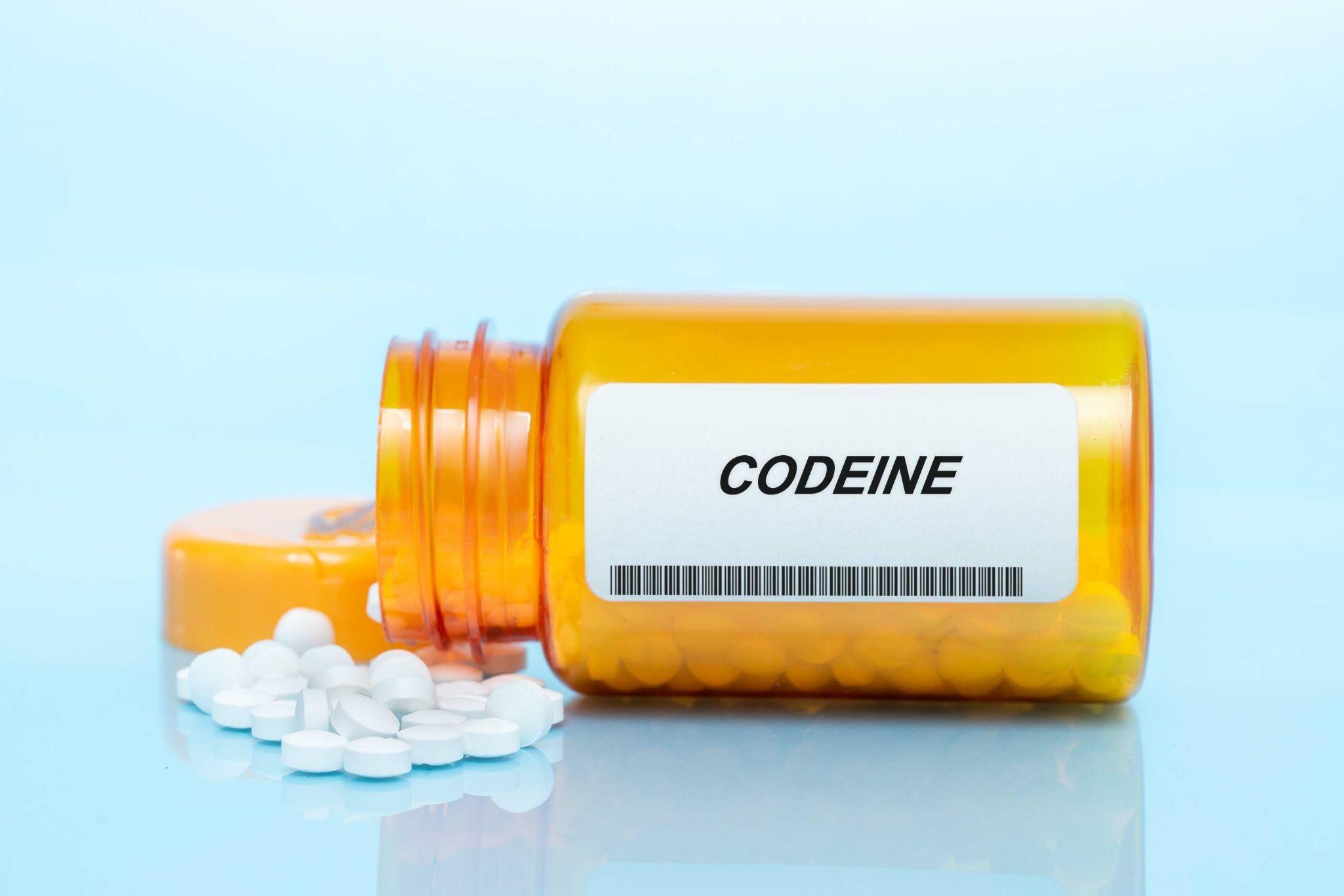Among the various substances that can grip a person, codeine stands out as a common prescription drug to treat mild to moderate pain. Unfortunately, its accessibility in drugs like cough syrup contributes to its high potential for abuse.
Whether you are a patient addicted to codeine for treating pain, someone concerned about a loved one, or just seeking knowledge, it is essential to recognize the signs of codeine addiction and understand both the immediate and long-term effects of codeine use.
Generic and Brand-Name Codeine
Codeine is a commonly abused opioid pain reliever that is available in both generic and brand-name forms.
Generic codeine is available under its chemical name, “codeine,” without any brand association. Pharmacies may stock generic codeine in various formulations, such as tablets, capsules, and liquids, which are used to ease severe pain and coughing.
Several brand-name drugs include codeine, either as a single active ingredient or in combination with other medications like acetaminophen or ibuprofen. These combinations are intended to enhance pain relief or tackle multiple symptoms, such as a fever. Some of the well-known brand-name drugs containing codeine include Tylenol with Codeine, Robitussin A-C, and Promethazine with Codeine.
Street names for the drug include Cody, Schoolboy, Lean, Sizzurp, and Purple Drank.1
Signs and Symptoms of Codeine Addiction
Recognizing the signs of codeine abuse is critical for timely intervention. Addiction can manifest in various behavioral and physical ways, including:2
Behavioral Signs
- Compulsive Use: Using codeine more frequently or in larger amounts than intended, often with a persistent desire or unsuccessful attempts to cut down.
- Preoccupation With Codeine: Spending a substantial amount of time obtaining, using, or recovering from the effects of codeine.
- Neglect of Duties: Ignoring or reducing engagement in social, occupational, or recreational activities due to drug use.
- Continued Use Despite Problems: Persisting in using codeine despite being aware of the physical or psychological problems it is causing.
- Social Isolation: Withdrawing from family and friends, and showing a reduced interest in activities previously enjoyed.
- Financial Decisions: Spending significant amounts of money on acquiring codeine, may lead to financial strain or legal issues.
- Risk-Taking Behavior: Engaging in risky behaviors, such as driving under the influence or mixing drugs, to obtain or use codeine.
Physical Signs
- Increased Tolerance: The need for progressively larger doses of codeine to feel the same effects, which is a clear indicator of developing tolerance.
- Withdrawal Symptoms: Experiencing physical or psychological symptoms such as anxiety, irritability, nausea, vomiting, and muscle pain when not using the drug.
- Drowsiness: Frequent and excessive sleepiness, a direct effect of codeine’s sedative qualities.
- Changes in Physical Appearance: Neglecting personal grooming and hygiene as a result of preoccupation with drug use.
- Constipation: A common problem among opioid users due to the effects of the drug on the digestive system.
- Respiratory Depression: Shallow or slow breathing, which can be life-threatening at high doses or when combined with other depressants.
- Pupillary Constriction: Noticeably small pupils, also known as pinpoint pupils, which is a typical response to opioid use.
Immediate Codeine Side Effects
When codeine is used, even within prescribed limits, it can cause a range of immediate short-term side effects. Understanding the short-term effects of codeine can help in recognizing misuse or overdose:3
One of the most common effects, excessive drowsiness can impair an individual’s ability to perform daily tasks safely, such as driving or operating machinery.
Dizziness and lightheadedness can affect balance and coordination, increasing the risk of falls and injuries, especially in elderly patients.Nausea and vomiting, common gastrointestinal side effects, can lead to dehydration and electrolyte imbalances if persistent.
As with many opioids, codeine reduces bowel motility, leading to constipation, which can become severe and require medical intervention if it persists.
Particularly in higher doses, codeine can impair cognitive function, leading to confusion and poor decision-making.
The feeling of euphoria that codeine can produce is a major factor in its potential for abuse, as users seek to replicate this pleasurable sensation.
Codeine can slow breathing, and in higher doses, this can become dangerous, reducing oxygen intake to critical levels.

Long-Term Side Effects of Codeine
The long-term use of codeine, particularly when abused, can lead to serious health issues that affect various systems in the body:3
Codeine often comes combined with acetaminophen (Tylenol), and prolonged use can lead to liver damage or failure due to the toxicity of acetaminophen.
Long-term use can lead to physical dependence and addiction, conditions in which the body requires the drug to function normally, and cessation leads to withdrawal symptoms.
Chronic use of codeine can cause long-term respiratory depression, reducing lung capacity and efficiency, which can be life-threatening.
Persistent use can exacerbate or trigger mental health issues such as depression and anxiety. These disorders can complicate the addiction and make treatment more challenging.
Over time, codeine use can impair cognitive abilities, affecting memory, decision-making, and problem-solving skills.
Opioids like codeine can disrupt normal hormonal balances, leading to issues such as reduced libido, infertility, and irregular menstrual cycles.
Long-term opioid use can weaken the immune system, making the body more susceptible to infections.
Getting Help for Codeine Addiction
Codeine addiction treatment involves several steps tailored to the individual’s needs. The journey often begins with professional detoxification, conducted under medical supervision to safely manage withdrawal symptoms and minimize the risk of relapse. Following detox, individuals might enter rehabilitation programs with a range of treatments including evidence-based therapies like cognitive behavioral therapy (CBT).
Medication-assisted treatment (MAT) may also be used, employing medications like buprenorphine, naltrexone, or methadone to manage codeine withdrawal symptoms and curb cravings. Family therapy is another crucial component, as addiction impacts not just the individual but the entire family.
Aftercare planning ensures ongoing support and helps maintain sobriety, involving continuous therapy, support meetings, and lifestyle adjustments. Each step in this process is crucial for a successful recovery, providing structured and supportive environments that help individuals regain control of their lives.
Find Solutions for Codeine Addiction With Lumina Recovery
Understanding codeine addiction is vital for anyone struggling or caring for someone who is. Recognizing the signs and knowing the side effects can guide necessary decisions about seeking help.
Lumina Recovery offers opioid and prescription drug treatment programs to support those on their journey toward a healthier, substance-free life. If you or a loved one is dealing with addiction, remember that help is available and recovery is possible.
Reach out to Lumina Recovery today to start on the path to a healthier, drug-free life.
Sources:



